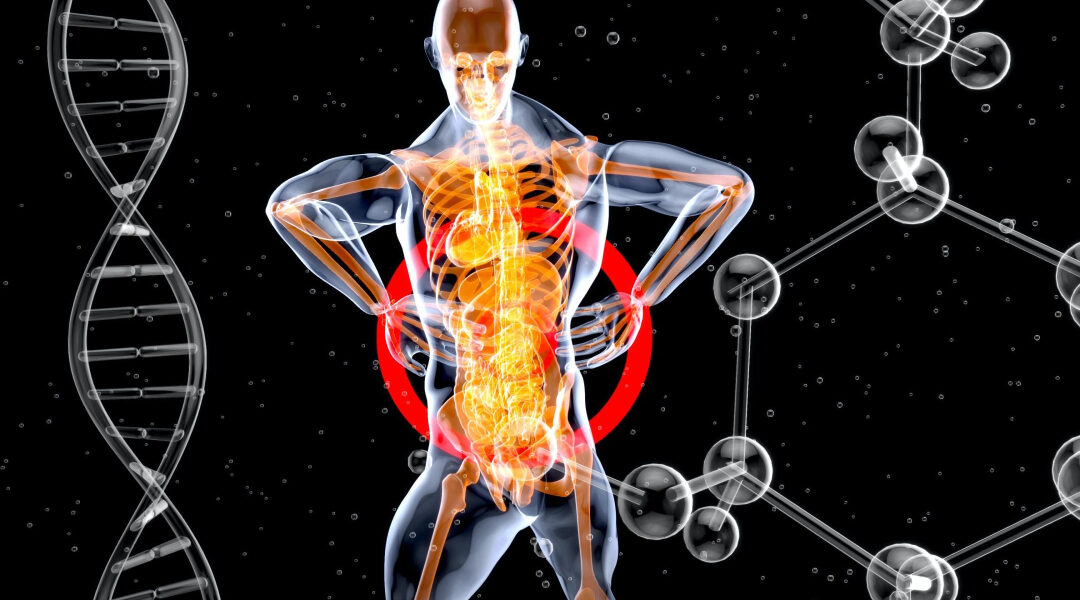In a groundbreaking collaboration between researchers from the United States and Japan, a remarkable discovery has shed light on a potential key to combating osteoarthritis, a common and painful joint condition that affects millions of individuals. The study, recently published in Nature Communications, unveils a novel mechanism connecting age-related stiffening of cartilage tissue with a reduction in a vital protein linked to longevity, known as Klotho (α-Klotho).
Understanding the Mechanics of Osteoarthritis
Osteoarthritis is a debilitating condition where cartilage in the joints stiffens and deteriorates, leading to pain, swelling, and decreased mobility. It affects a vast number of people, with approximately 32.5 million individuals suffering from it in the United States alone. With our aging population and increasing rates of obesity, this number is expected to rise further.
Currently, there are no treatments available to reverse the stiffening of cartilage and the resulting damage. Existing treatments aim to alleviate pain and enhance mobility through methods like exercise, weight loss, physical therapy, medications, injections, and joint replacement surgery. However, understanding the underlying molecular causes of this damage has been a significant challenge, especially in knee osteoarthritis, where multiple factors contribute to cartilage damage, and aging is a key risk factor.
Exploring the Role of Epigenetics
Recent research has turned its focus to epigenetics, the study of how changes in behaviors and the environment during aging can alter the functioning of genes, potentially impacting various tissues and disease processes in the body.
Using cutting-edge mass spectrometry technology, researchers closely examined structural and protein changes in mice with knee osteoarthritis throughout their lifetimes and across different sexes. They then compared these findings with the human understanding of knee osteoarthritis.
Crucially, the study revealed the significant involvement of Klotho in the molecular process leading to osteoarthritis. Klotho is a protein known for its role in protecting mitochondria within skeletal muscle and promoting skeletal muscle regeneration following injury. As individuals age, their Klotho levels decline, earning it the moniker of a “longevity protein.”
The research unveiled that as knee cartilage tissue becomes stiffer, the gene responsible for producing Klotho is suppressed. This effect was observed in both young and old chondrocyte cells (the cells responsible for cartilage formation) when subjected to environments mimicking young and old tissue stiffness. Young chondrocyte cells exhibited signs of aging when placed on a stiff surface, primarily due to the loss of Klotho. However, when these cells were shielded from the stiffness in their environment, their health was preserved.
Opening New Avenues for Treatment
These groundbreaking findings open doors to potential interventions in the osteoarthritis disease process, such as blocking the pathway responsible for suppressing Klotho, even in the presence of a stiff extracellular matrix. The hope is that these discoveries can pave the way for the development of treatments not only for osteoarthritis but also for other age-related conditions.
Dr. Fabrisia Ambrosio, inaugural director of the Atlantic Charter Discovery Center for Musculoskeletal Recovery at the Schoen Adams Research Institute, highlights the importance of this research: “We’re interested in evaluating whether epigenetic regulation of Klotho and other longevity factors by the extracellular matrix may help explain functional decline of tissues throughout the system.”
Additionally, the study’s findings have unveiled intriguing differences between mice and humans. While male mice demonstrated an increase in osteoarthritis with age, female mice showed no signs of the disease, and their cartilage tissue remained generally preserved. This unexpected finding challenges our current understanding of the disease’s sex-related patterns and warrants further investigation.
In essence, this research marks a significant stride in our understanding of osteoarthritis and offers hope for the development of innovative therapeutics. As we continue to explore the role of Klotho and epigenetics, we inch closer to unlocking solutions that can alleviate the suffering caused by this debilitating condition. Stay tuned for more exciting developments in the field of osteoarthritis research!

